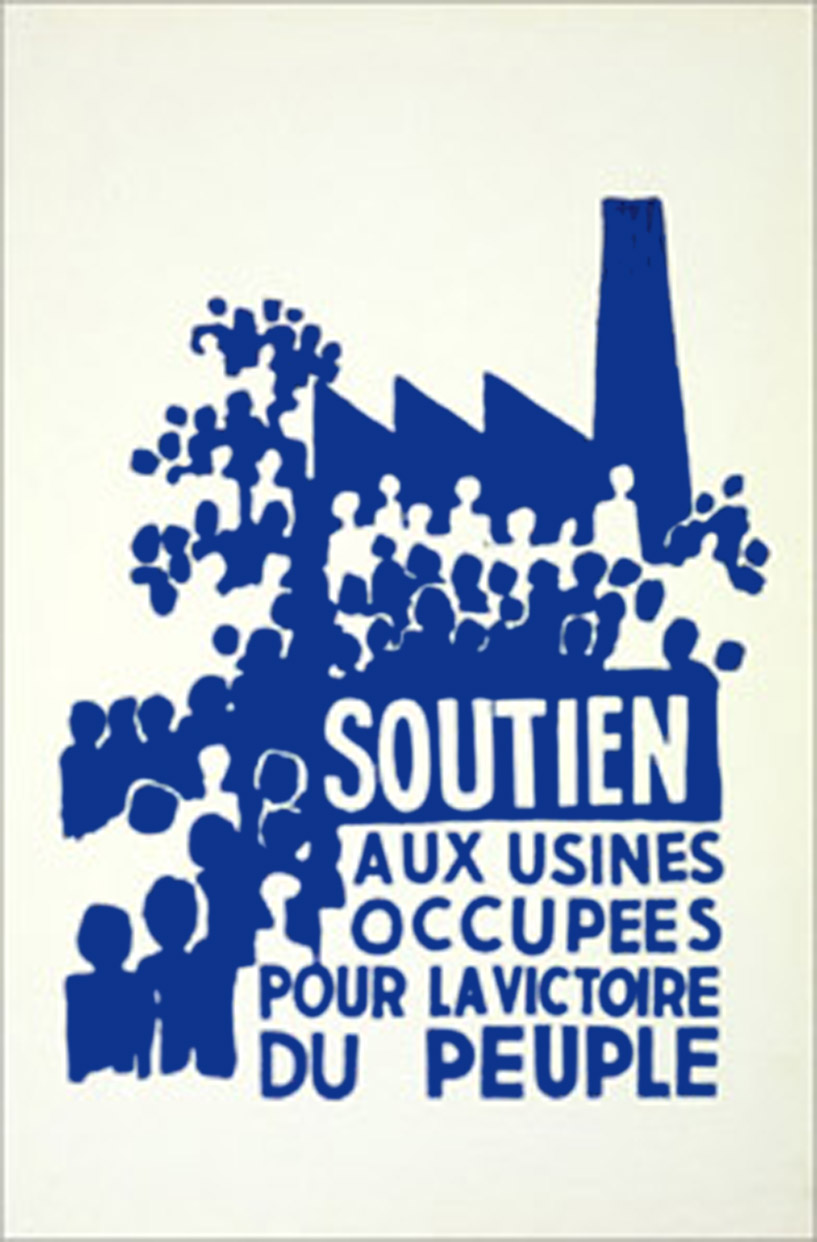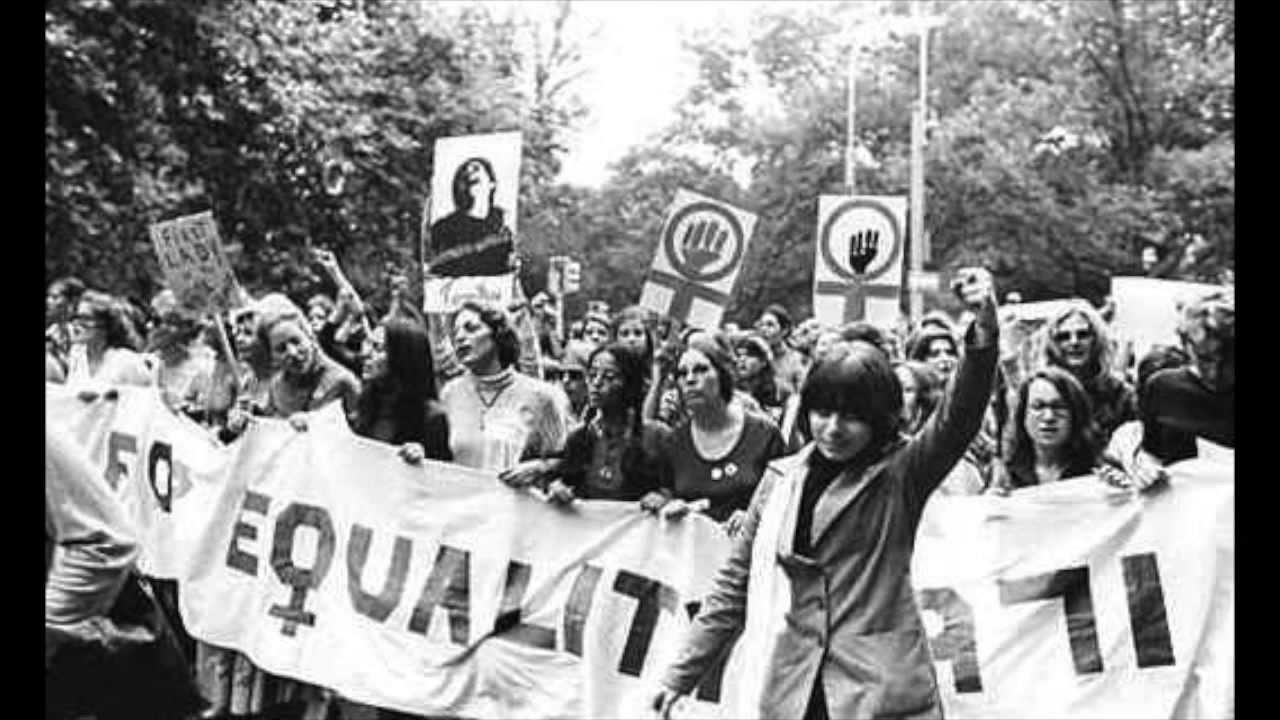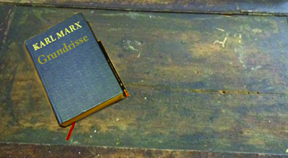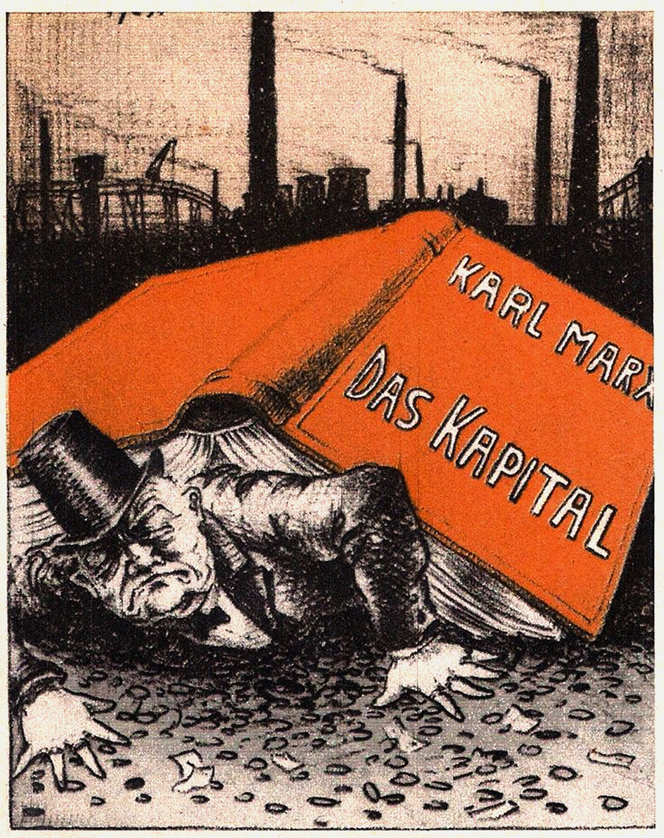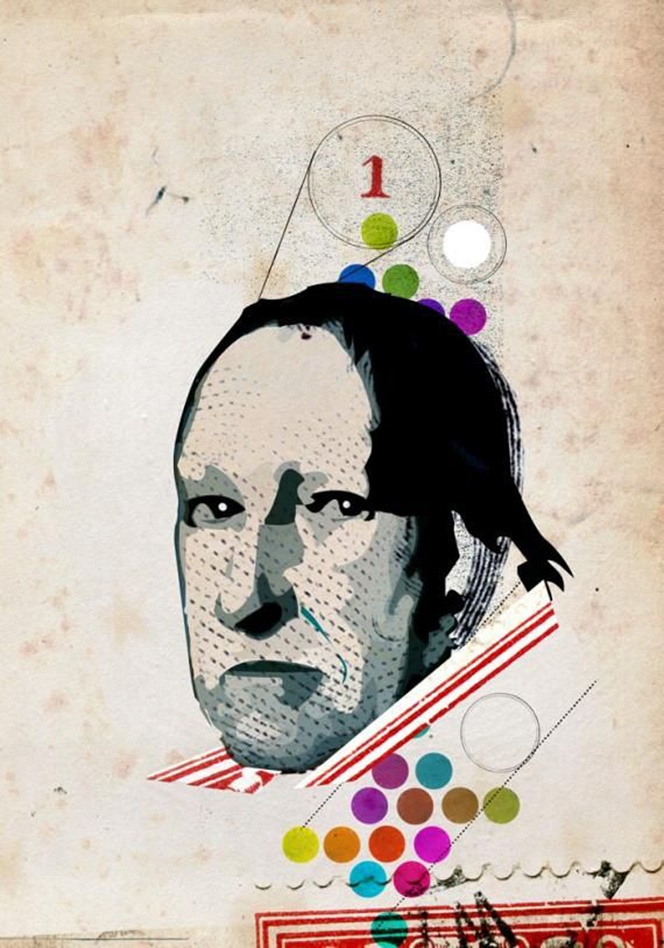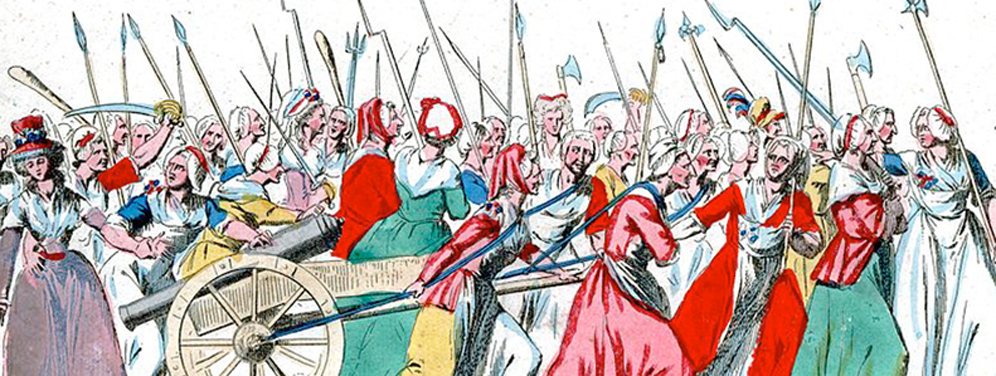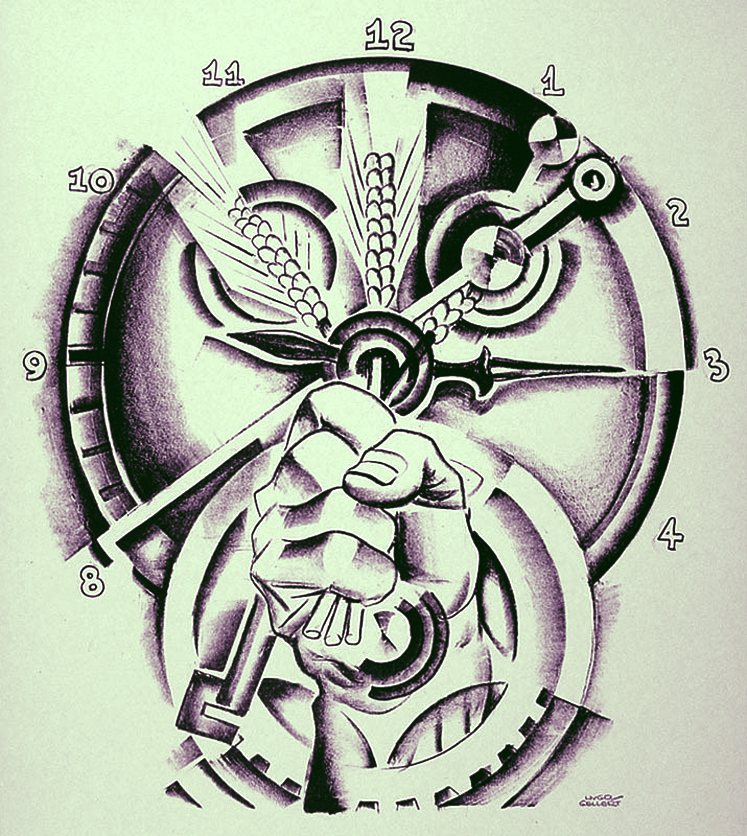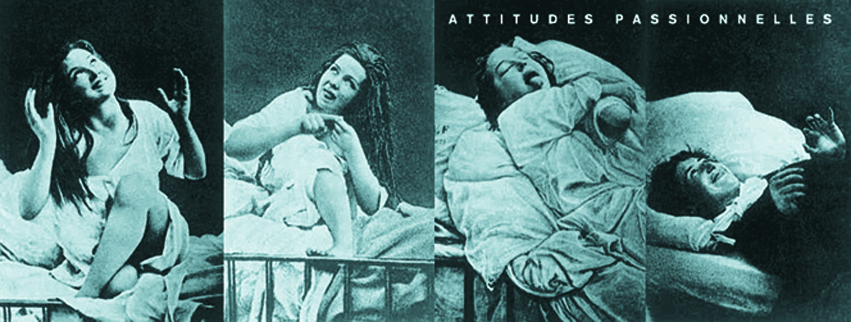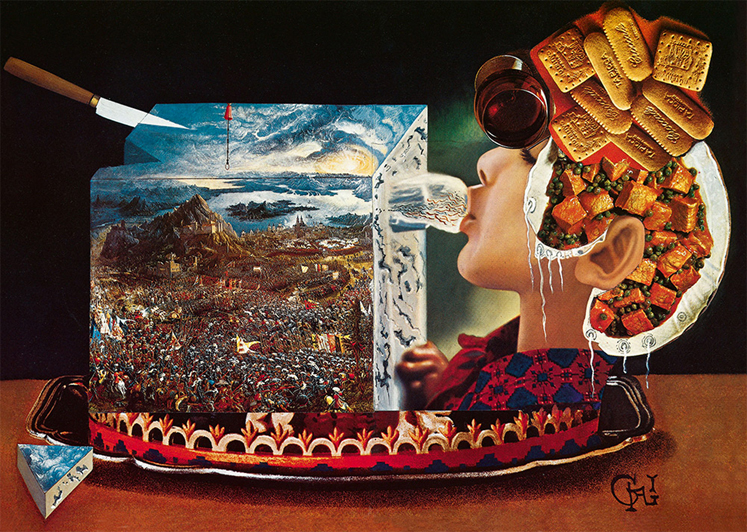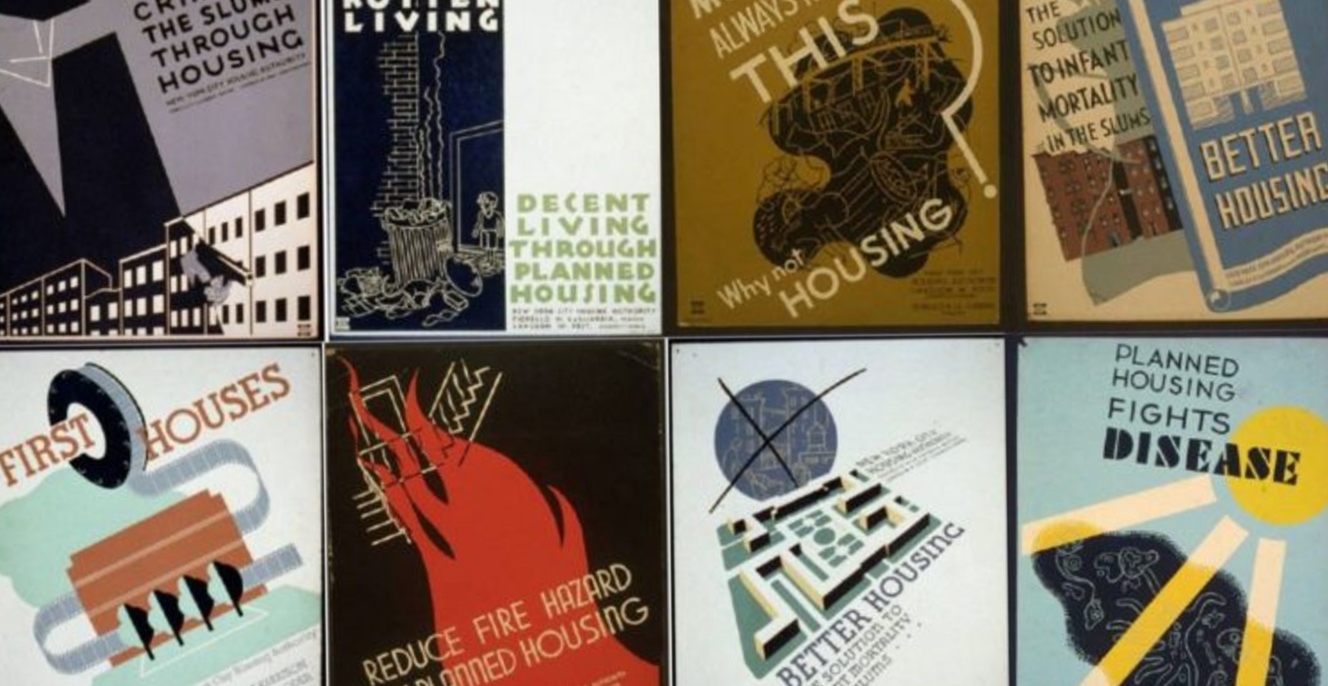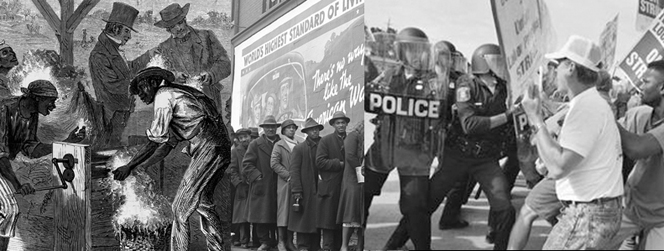Reading Capital Politically Continues
Brooklyn Commons 388 Atlantic Avenue, BrooklynMarx himself intended Capital to serve as a “weapon” in the hands of the working class. This makes Capital first and foremost a political work. But what does it mean to read Capital politically?
Thursday Noirs: Summer fiction
Brooklyn Commons 388 Atlantic Avenue, BrooklynVerbal sparring, physical clashes, between corrupt cops and the world-weary detectives, the calm façade smiling at the world concealing a maniacal murder machine, when distilled in a fast-paced pulp fiction or poetically narrated in a noir satisfy some of our needs to explain the violent social disorder thrown at us large and small by the contours of life lived by dictates of capital.
Women’s Liberation Movement: The Power of History
This class will analyze what made the 1960s Women’s Liberation Movement spread fast and win victories, and also what made it vulnerable to watering down and liberal takeover. National Women’s Liberation is a feminist group for women who want to fight back against male supremacy and win more freedom for women.
Marx’s Grundrisse
Perhaps the most curious and least understood aspect of Marx’s work is his method of analysis. Marx viewed all his economic laws as tendencies and it is hard to deny that those tendencies are becoming more and more the realities of today’s capitalism.
Five Explicit and Implicit Notions of Revolution in Capital, Volume I
Brooklyn Commons 388 Atlantic Avenue, BrooklynIt is often said that Capital, Volume I is concerned with the enfoldment of the capital form, with many dialectical twists and turns, but not with revolution. However, such a picture severs Marx the revolutionary from Marx the social theorist. In fact, Capital I can be connected to five different notions of revolution.
Hegel’s Phenomenology of Spirit
We will travel from the Ancient world, from the drama of Antigone to the Jacobin Terror of the French Revolution and the realization of the idea of Freedom and the World Historical Individual. At the end of this journey that Hegel likened to a philosophical “Stations of the Cross” we will gain an understanding of what it means to say “The True is the Whole”.
A People’s History of the World
Orchard Street, Newark, NJ classroom Orchard Street, Newark, NJ, United StatesThe goal of the course is not to understand every moment or every place in global history, but to use a Marxist perspective to understand major trends and significant junctures in world history, and how those trends and junctures have shaped our present.
Marx’s Grundrisse
to understand our society we need to do more than reading and accepting his concepts, we must critically analyze them and look for the way of thinking that produced them. It is with this goal in my mind that we should embark on a journey through the long and complex sentences of The German Ideology and the Grundrisse.
Science, Politics, and Culture in the Anthropocene
...taking the measure of industrialization and commodification, which have derailed the Earth beyond the stable parameters of the Holocene, and of the need to give our freedom different material foundations; it means mobilizing new environmental humanities and new political radicalisms (movements for common goods, transition, degrowth, eco-socialism and many more) in order to escape the blind alleys of industrial modernity.
Marx’s Theories of Surplus Value
These notebooks written in the years 1861-63 are perhaps one of the first and most thorough analysis of the history of economic thought. We will enter Marx’s laboratory to see how he reads and criticizes other writers from Hobbes and Locke in early bourgeois ideological formation to the physiocrats, Smith, Ricardo, Malthus, Bailey and many others.
The Politics of the Unconscious: Last Session
New Perspectives Theatre 456-458 West 37th Street, New York, NY, United StatesThrough theory and practice we will examine the psychoanalytic concept of the unconscious in the late 19th to 20th century. Starting with the fin-de-siècle Parisian hospital Salpêtrière, we will touch upon the historical resonances of the invention of mental pathology, and aesthetic forms that resonance has instigated.
The Politics of the Unconscious: Last Dance/Last Supper
New Perspectives Theatre 456-458 West 37th Street, New York, NY, United StatesThe jaws of my mind are in perpetual motion. —Salvador Dali, Gastro Esthetics
The spectacle corresponds to the historical moment at which the commodity completes the colonization of social life.
Guy Debord, Society of the Spectacle
Whose Cities? Our Cities!
The class that built and continues to build New York City can no longer afford to live here. Meanwhile, the international bourgeoisie with hyper capital accumulation, perch themselves in luxurious multi-roomed lofty palaces as occasional residences. Our aim is to gain the historical and theoretical understanding that can inform our fight to wrest control of our cities from the capitalist class, and to discuss how cities can be reorganized to meet our human needs with a sustainable urban ecology.
Highlights of Marx’s Capital, Volume One
Many of us have less time to study it because, as Marx predicted, we have to work longer hours— and often more than one job—in order to survive. Fortunately, even a basic familiarity with the key concepts of the first Volume of Capital offers many tools for understanding capitalism’s dynamics.
Institute For Radical Imagination Fall Term Begins
Long Island UniversityBegins October 7 The Institute can be reached via: Email: info@radicalimagination.institute Phone: 718–687-0864 https://radicalimagination.institute/events-directory/

